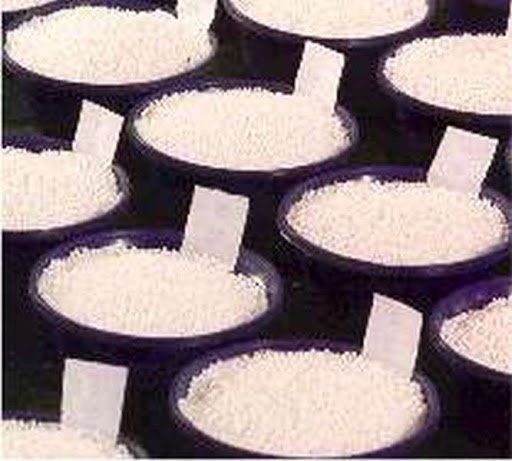Menu
FAQ
Cost of filing patents in India
What can and cannot be patented
Patent filing options
Patent filing procedure
Patent process time-line
How Long Does it take to Get a Patent?
Are software inventions patentable
What is the jurisdiction of a software patent?
Is creating a prototype necessary? Should I apply for patent before publishing?
-
Are business methods patentable?
How to conduct a patent search
Is my invention already invented?
When should I apply for a patent?
Can I file for a patent outside India, without filing in India
Why should I determine if I have freedom to operate
Should I apply for a patent in my name or in my companies name
When will my patent application be examined?
Does a patent give me the right to use my invention?
Why should I take care to file statement and undertaking?
© 2010 - 2024 Invntree.com . All Rights Reserved
Designed by Visible Spectrum
Powered by WordPress | Designed by: CRM Cloud | Thanks to Microsoft Project Server, Technical Support and Virtual Servers

 Follow
Follow



